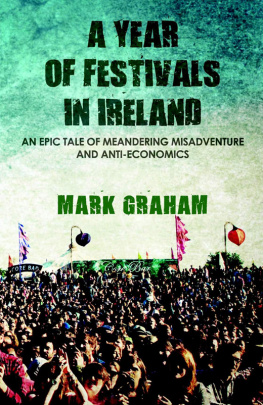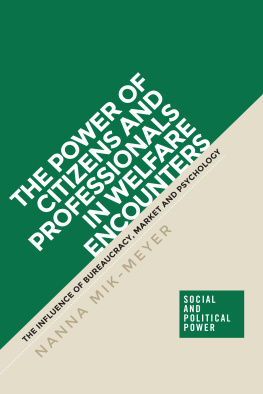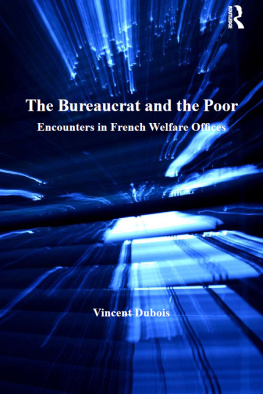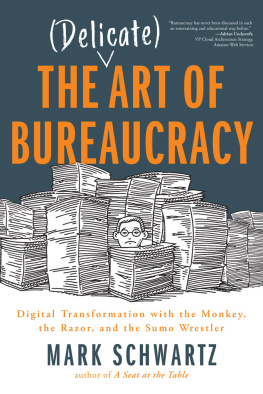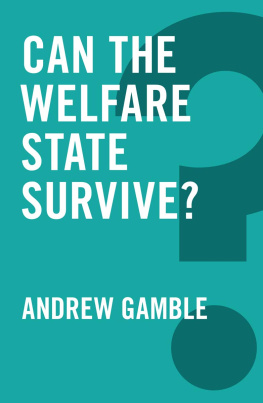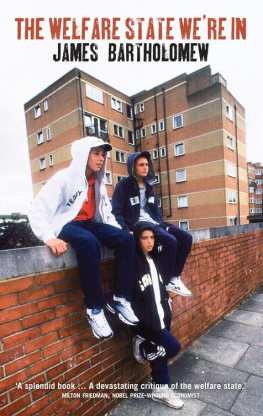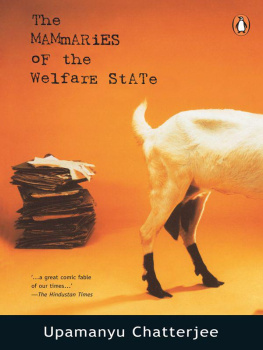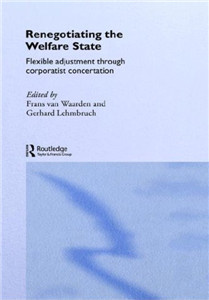
Bureaucracy, Integration and Suspicion in the Welfare State
This book explores how the often well-meaning routines and assumptions of a generous welfare state can reflect and even contribute to the stigmatisation of refugees and Muslims in Europe today. While the main cases are from Sweden, examples are included from the UK, France, Switzerland, Germany and the Netherlands. Mark Graham examines how suspicion is woven into the fabric of welfare bureaucracies with potential adverse consequences for the people they serve. He complicates our understanding of what Islamophobia means, and how it is expressed and created, by exploring contexts in which the logic of othering Muslims operates, but where explicit Islamophobia itself is absent. The book starts with Swedish public-sector bureaucracies and attempts by staff to make sense of Muslim refugee clients with categories and models that reappear in wider society. It goes on to explore the logic of integration policies, official concepts of culture, Swedish multiculturalism, educational strategies in schools, and debates surrounding genuine and false refugees. In all cases, the homologies between these different socio-cultural domains are explored.
Mark Graham is Professor and Head of Department in the Department of Social Anthropology, Stockholm University, Sweden.
Routledge Studies in Anthropology
www.routledge.com/Routledge-Studies-in-Anthropology/book-series/SE0724
Counterfeit Itineraries in the Global South: The Human Consequences of Piracy in China and Brazil
Rosana Pinheiro-Machado
Meaning and Significance in Human Engagement: A Cognitive Approach to Culture
David B. Kronenfeld
Distortion: Social Processes Beyond the Structured and Systemic
Edited by Nigel Rapport
Critical Times in Greece: Anthropological Engagements with Contemporary Greece
Edited by Dimitris Dalakoglou and Georgos Agelopoulos
An Ethnography of Global Environmentalism: Becoming Friends of the Earth
Caroline Gatt
Linguistic and Material Intimacies of Cell Phones
Edited by Joshua A. Bell and Joel C. Kuipers
Hybrid Communities: Biosocial Approaches to Domestication and Other Trans-species Relationships
Edited by Charles Stpanoff and Jean-Denis Vigne
Orthodox Christian Material Culture: Of People and Things in the Making of Heaven
Timothy Carroll
Bureaucracy, Integration and Suspicion in the Welfare State
Mark Graham
Bureaucracy, Integration and Suspicion in the Welfare State
Mark Graham
First published 2019
by Routledge
711 Third Avenue, New York, NY 10017
and by Routledge
2 Park Square, Milton Park, Abingdon, Oxon, OX14 4RN
Routledge is an imprint of the Taylor & Francis Group, an informa business
2019 Taylor & Francis
The right of Mark Graham to be identified as author of this work has been asserted by him in accordance with sections 77 and 78 of the Copyright, Designs and Patents Act 1988.
All rights reserved. No part of this book may be reprinted or reproduced or utilised in any form or by any electronic, mechanical, or other means, now known or hereafter invented, including photocopying and recording, or in any information storage or retrieval system, without permission in writing from the publishers.
Trademark notice: Product or corporate names may be trademarks or registered trademarks, and are used only for identification and explanation without intent to infringe.
Library of Congress Cataloging-in-Publication Data
A catalog record for this title has been requested
ISBN: 978-1-138-12474-5 (hbk)
ISBN: 978-1-315-64798-2 (ebk)
Typeset in Sabon
by Out of House Publishing
To the memory of my mother
Lillian Constance Graham
Contents
In 2015, over 160,000 asylum-seekers made their way to Sweden, a large number for a country of barely 10 million people and proportionately much larger than other European countries. The majority of asylum-seekers fled from the situation in Syria. This was only the most recent, albeit the most dramatic, example of Muslim immigration to Sweden during recent decades. Having followed the history of this immigration since the 1990s I was, once again, struck by a feeling of dj vu. The language used to frame the successive waves of asylum-seekers, not least by those most hostile to immigration, all sounded familiar even if occasioned by a new chapter in Swedens immigration history. It was this sense of recognition that led me to revisit material from years ago and situate it within more recent events in Sweden and Europe as part of an exploration of the nexus between welfare bureaucracies, their personnel, the policy environment in which they work, and the refugees whom they meet on a regular basis. There is a question central to the present work: What is it about bureaucratic practice and ethos that resonates, and perhaps even reinforces, suspicion, and how does this play out in contacts with refugees who are stigmatised in ways that reflect and are integral to the practices of welfare bureaucracies?
That fact that the refugee clients are predominantly Muslims, and in Sweden have been for many years, inevitably propels a work such as this into the orbit of much broader debates and concerns centred on Muslims in Europe and not least the securitisation of Muslim refugee immigration and the radicalisation of Islam. These are all vast topics, and they grow everyday. It is difficult, if not impossible, to keep abreast of the flood of news surrounding asylum-seekers and refugees. We are continually bombarded by images, events, and analysis. To make sense of this ever-increasing mass of information, the book adopts a catholic approach, both in its theoretical foci and the range of material on which it draws. Its modus operandi is to study up and down, and back and forth as part of a comprehensive set of inquiries that are united by the homologies of containment, revelation, concealment, and suspicion that permeate both bureaucratic work and the discursive field that frames Muslims and refugees.
Iranian refugees provide the starting point for the more traditional ethnographic sections, but the book is as much if not more a study of Sweden and the professionals who deal with immigrants as part of their everyday work as it is an ethnography of refugees. As it widens its focus, it moves on from the particulars of refugees and the encounter between them and welfare bureaucracies broadly defined to a consideration of the much more amorphous character of Sweden at large. It uses three case-studies to do this: The reception of a performance given for children at a school, reactions to the so called apathetic children in the mid-noughties, and the ongoing controversy surrounding unaccompanied minors who seek asylum in Sweden.
There is therefore no single unit of study and analysis here. This is not a conventional ethnography of a single welfare agency and its personnel, nor is it a snapshot of one place and time. In fact, it covers a period of over 30 years as it charts the development of Swedens policy towards refugee immigration from the 1980s and onwards. In this respect, it provides a




